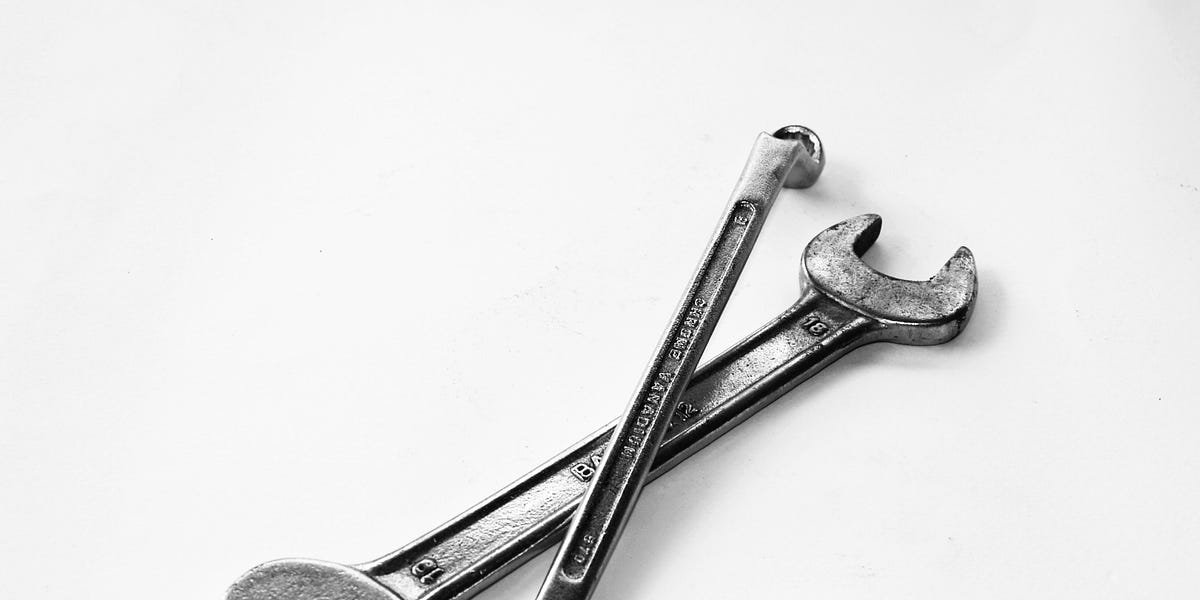
Lessons from the 19th Century

The author never met anybody who would trade our social order for theirs, who wants to go back to that old Princeton world. And yet ... and yet there are disturbing ghosts around the campus. The old order haunts this one, and whispers that maybe something was lost as well as gained when we sacrificed all for the sake of high achievement, safety, an... See more
David Brooks • The Organization Kid
Juan Orbea added
Starting in the 1960s, the social and legal institutions of America were remade to try to eliminate unfair choices by people in positions of responsibility. The new legal structures reflected a deep distrust of human authority in even its more benign forms—a teacher’s authority in the classroom, or a manager’s judgments about who’s doing the job, o
... See morePhilip K. Howard • Everyday Freedom: Designing the Framework for a Flourishing Society
Generations of intellectuals have turned away from the future, dispirited at best, cynical at worst.
Geoff Mulgan • Another World Is Possible: How to Reignite Social and Political Imagination
Keely Adler added
The Straussian Moment
gwern.netJuan Orbea and added
Perhaps this is why our society has been so stagnant and uncreative in some ways for the past 50 years. We chose the path of comfort, certainty, measurable progress, and indeterminate hedging of bets. In our cowardice, we turned away from the uncertain leaps of faith of collective struggle after fatal ends that would have demanded us to truly live.
Palladium • Quit Your Job

Jay Matthews added
For those growing into adulthood during most of the twentieth century, therefore, the backdrop to life was the loss of faith in coherent systems of thought and morality. Sophisticated people knew they were supposed to rebel against authority, reject old certainties, and liberate themselves from hidebound customs and prejudices. Artists rebelled aga... See more
David Brooks • The Organization Kid
Juan Orbea added
This, I believe, is what happened to many of America’s key institutions in the mid-to-late 2010s. They got stupider en masse because social media instilled in their members a chronic fear of getting darted. The shift was most pronounced in universities, scholarly associations, creative industries, and political organizations at every level (nationa... See more